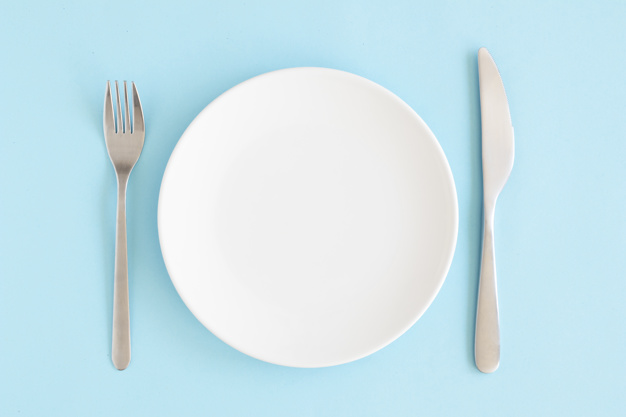Diet? Just fork-get it

I’m going to start my first blog by asking a question. What is the one thing you find the hardest when it comes to maintaining a diet?
For me it’s hard to be happy without some level of food reward. The things that make food more palatable (or tasty), like sweetness, saltiness, being fried, good smell, nice presentation, pleasing textures, variety, etc. Basically, anything that makes you like food.
What’s amazing is that when you start examining your diet, you’ll find that it’s full of food reward. This isn’t a bad thing, but if you’re trying to lose weight, it’s good to be aware of how this food reward system makes it harder for you to shed the pounds.
Wanting to eat high-reward foods is something that’s so ingrained in our culture that removing it seems insane.
Another thing. I’ve learnt I’m an intuitive eater. That’s a person who:
- Enjoys their food.
- Eats when they’re hungry.
- Is not judgemental on the foods they eat, seeing them as good or bad.
- Is not tracking meals and exercise through apps or fitness trackers.
Diets have become a chore. The more variations on a theme we’re presented with, the more the sheer weight of evidence on this and that diet is nothing short of overwhelming.
Findings published in The Lancet reveal that poor diet now accounts for one in six deaths every year.
Almost 90,000 British people’s lives are being cut short because of what they eat – or, more pointedly, don’t eat.
One of the most sensible things I remember being told is: “You know what makes up healthy eating. We all do. The trick to this game is all in the mind.”
So what’s my answer?
Moderation doesn’t add the flavour to the menu that I’m looking for. Yet, moderation is a useful reminder that eating healthy is not eating perfectly. It’s vague and open-ended, and that suits me.
I will fill in the blanks of everything in moderation with what works for me. My fate, therefore, lies on my plate.
- Rodney Jack is the new editor of Food & Drink Technology, contact him at rodney@bellpublishing.com



